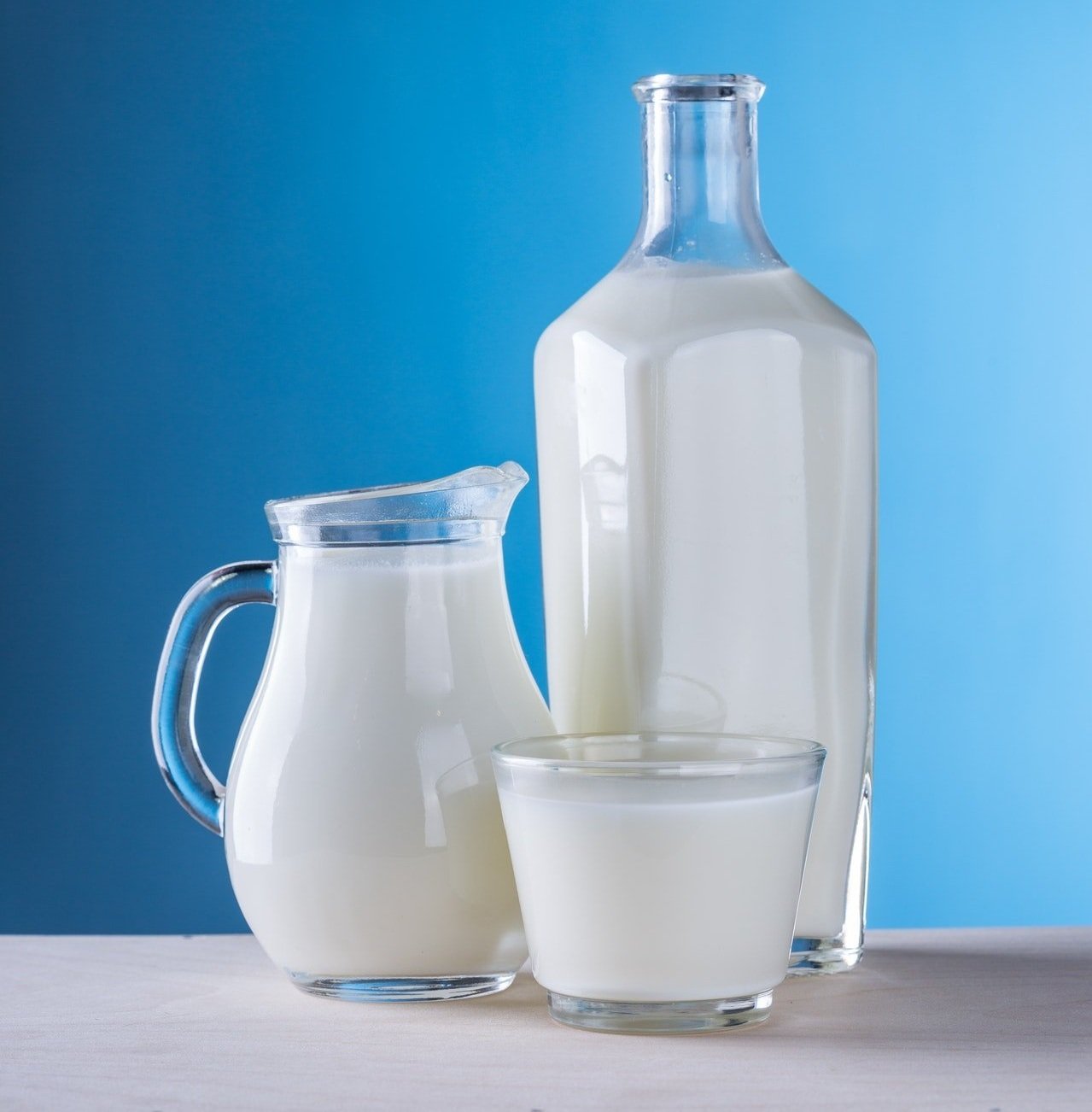
Is Milk Really Good for My Kid’s Teeth?
You probably grew up on commercials about how milk was good for the teeth and bones. The Got Milk? campaign ran from 1993-2014, with various celebrities endorsing the healthy benefits of milk. As you probably know, however, not everything that celebrities endorse is necessarily good for you. So where does milk really fall? Is it actually good for your kid’s teeth?
Helpful Nutrients
If you were to think about the tooth-friendly nutrients that milk provides, calcium would likely be at the very top of the list. It’s true – milk is pretty high in calcium. One serving of 1% milk offers 30% of the daily value of calcium. It’s not just calcium though. That same amount of milk also offers 18.5% of the daily value of phosphorus. Both calcium and phosphorus are crucial minerals for strong enamel, being the two primary components of enamel. Drinking milk and consuming dairy products helps children get adequate amounts of both, promoting strong enamel.
About Lactose
But what about sugar? That’s bad for teeth, right? Generally, the answer is yes. The sugar found in milk may not be as bad as you think though. Cow’s milk contains lactose, a form of sugar. It also contains casein, a protein that has a derivative (casein phosphopeptide) that has been shown to protect teeth from decay. It helps prevent demineralization, promotes remineralization, and helps prevent bacteria from sticking to the surfaces of the teeth. This derivative works with the calcium and phosphorus found in milk to negate the harmful effects sugar can have on the teeth.
Do’s and Don’ts for Milk
All that doesn’t mean you children should have free reign when it comes to drinking milk, however. It’s best to stick with skim or low-fat milks for children over the age of 2. It’s also best to stick to plain milks. Strawberry and chocolate milks tend to have added sugars, which isn’t good for the teeth. Opt for cow’s milk over plant milks, unless otherwise directed by a doctor, at least until age 5. Avoid giving babies or toddlers a bottle or sippy cup of milk at bedtime. Aside from the risk of spoiling, the bottle reduces saliva flow at night, which can lead to an increased risk of developing cavities.
Milk is such a staple in many kids’ diets that the idea of abandoning it may cause you some concern. Not to worry, however. When it comes to drinks that can be beneficial for your kid’s teeth, it’s definitely up there on the list. Just make sure you monitor how your children consume it. That way they’ll be more likely to enjoy its benefits without the potential drawbacks.
Not every drink is good for your kid’s teeth. Read this next to learn more: The Worst Drinks for Your Kids’ Teeth